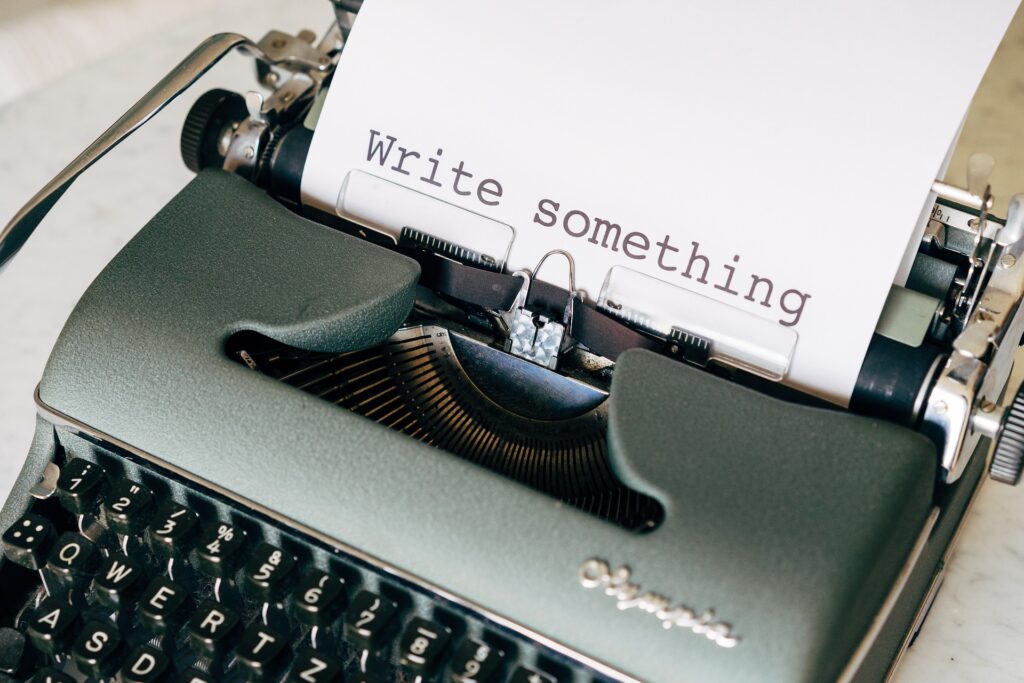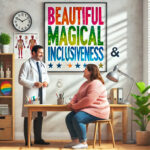The healing power in writing your memoir

The healing power in writing your memoir
So you want to write your memoir? A memoir is a story about part of your life. Memoir-writing can also be a great self-healer. As a mentor for memoir-writing, I explain the creation of your story can be a three-stage process, depending on your goal. Memoir-writing is about letting your inside story out; it is an opportunity for self-discovery and recovery, and self-validation.
Stage One involves writing the first version of your story for yourself. This is the time to put everything on the table. Don’t hold back. Maybe there are repressed experiences that have shaped and influenced your life. Perhaps dark secrets have been hiding deep within for years. Release them now. For you to reap the greatest benefit in self-growth, the mapping of your story requires complete honesty with yourself.
Stage Two is about creating the second version for people who you know and trust such as family members (including future generations), health professionals, colleagues, friends, and specific interest groups. This stage involves refining or reshaping those most raw parts of the first version that you don’t want to share with anyone but yourself.
Stage Three is relevant if you want your memoir be published for the public at large. That is, for “unknown readers”. You may be unfamiliar to readers, and so the context of the second version may need to be reframed and remapped to enable readers to connect with, and travel with, you. For example, readers may not have heard of the town or suburb where you grew up, or the schools you attended, or be familiar with the cultural or religious beliefs and values of you or your community.
Sharing my story fuelled the process of becoming more “Me”
The writing and redrafting of each of these three versions is significant. Each version provides fresh opportunity for more self-learning and self-healing. Epiphanies may occur, especially when you share and reflect on your story with understanding others in a supportive and non-judgmental environment.
After keeping my “inside” story about an eating disorder and childhood trauma a secret (due to shame and stigma) for 44 years, and then “coming out” and releasing my inner story publicly for the first time at age 55, I experienced a surge in self-belief. The ensuing years have been what I describe as “a magic carpet ride” in becoming “more me”. My outside and inside stories have become one.
The process of writing my memoir has helped me to become more fully Me.
Outwardly, through my 20s, 30s and 40s, I presented as a wife and mother with a full-time career but within, my diaries revealed a desperate struggle to honour daily lists and pledges, for instance, having a strict weight limit, running a set distance, and noting every calorie. Thoughts of suicide after 17 years with anorexia nervosa drove me to break the silence, and reveal the thoughts hitherto confined to my diaries, to a doctor. He and other doctors tried their best to understand my struggles but my eating disorder was so entrenched they could not help me. However, upon learning I kept a diary, the doctors encouraged the continuance of diary writing as a tool for expression. Unfortunately, like me, they were ignorant of the diary’s potential to play a pivotal role in my illness, and of its ability to be a foe as well as friend.
Self-abuse caused by the eating disorder gave way to self-care of me
Eventually, in my 30s, a psychiatrist gained my trust and suggested I could use the diary to assist the healing process by drawing on it when engaging in written communication with him. He had noted that I had difficultly expressing my feelings verbally. I felt safer and more secure connecting through the written word. Gradually, aided by patient, therapeutic guidance that involved sharing my private writing with trusted members of my treatment team, a transformation began to be recorded in the diary.
My writing began to reflect a re-connection with healthy-self thoughts and feelings. Self-abuse and self-harm gave way to self-care as my body and mind progressively reintegrated. Decades later, at age 55, upon healing sufficiently to re-enter life’s mainstream, I departed a journalism career to reflect on these decades of diary-writing and write a memoir.
Diaries a resource pool of documented lived experience
As I “came out” and began to share my story publicly, the diaries “came out”, too. For instance, besides providing the main data source for my memoir, A Girl called Tim (2011), the diaries became a resource pool of documented “lived experience”, assisting the dissemination of science-based knowledge and evidence-based treatments in books for health professionals and mainstream readers.
In another outcome, the creation of a website as a companion to the memoir led to people with experience of eating disorders writing to me. They shared had “connected” with my story in a way that gave them “permission” to share their stories until now revealed only, if at all, in their diary. Many adult readers wrote at length, explaining they had felt isolated and had kept their eating disorders a secret for decades, but upon reading and identifying with my story, felt able to share and externalise their thoughts and experiences for the first time.
Writing our stories can help not only us, but also others
Reflecting on these reader responses sparked unexpected realization and recognition that perhaps my friend the diary had been destructive as well as constructive throughout my long illness. This revelation in turn became the catalyst for my Phd research project, investigating how diary entries might be used in writing not only a memoir, but a book exploring how the process of diary-writing can be a tool for self-healing and renewal.
In January 2014, at the age of 63, I set out on a literary journey with more than 70 people I had “met” on the Internet. These people had responded from countries around the world to an invitation I posted in a blog, asking if diarists with experience of an eating disorder would like to participate in a book. I was amazed at the enthusiastic response. I had met none of the diarists face-to-face and was unaware of their ages or countries of origin. However, due to the universal “language” of eating disorders, and our respective use of the diary as a coping tool of sorts, we shared an immediate bond and rapport. Over the ensuing 30 months, my work with these diarists formed the basis for a creative work and an exegesis that explores the process and challenges associated with writing a non-fictional book about diary writing as a therapeutic tool.
Self-exploration and creation is ongoing
This narrative engagement in turn led to more epiphanies, more moments of self-growth, more self-healing and more self-discovery. This exciting process of self-exploration and creation is ongoing.
My creative work is a book, published by Routledge (London), describing the process of using personal diary excerpts to assist people with eating disorders:
Using writing as a therapy for eating disorders: The Diary Healer.
Thesis details: Alexander, June (2017): Using writing as a therapy for eating disorders: The Diary Healer and the process of using personal diary excerpts to assist people with eating disorders. CQUniversity. https://hdl.handle.net/10018/1211443 or go to:





